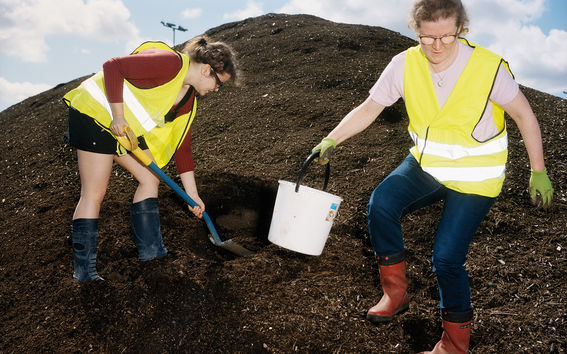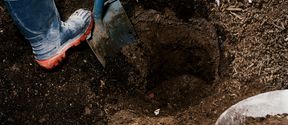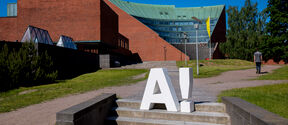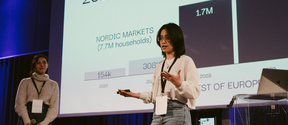Researchers develop the perfect recycled fertilizer for forests -- saves 88% of energy normally used but still not legal (external link)
Finnish forests are typically nourished with fertilisers containing energy-intensive nitrogen and phosphorous mined in Morocco. Researchers have now developed an ecological alternative with ingredients sourced from a waste processing plant. It is good for forests and the environment – but legislation has to be changed first.












